If Gerard McEvoy switched on his sat-nav for the 10-minute drive from his shop in Dundalk to his home in Co Armagh, he would be notified that he was crossing the border three times on one short section alone.
“You’re in and out in the space of 100 yards,” he explains, “you’re over and back on the slip road and around the roundabout.”
But if borders or barriers are introduced after Brexit, it’s not just Gerard’s daily commute that could be impacted, but his business.
Established in 1988, McEvoy’s Dundalk is a department store stocking men’s, women’s and children’s clothing, schoolwear, footwear, homeware, haberdashery and more. Gerard’s wife Joanne and their children Jennifer and Gerard are also involved in the business, which employs 22 staff.
To date, about 90% of clothing sold in McEvoy’s is sourced from suppliers based in the UK, due to the similarity in trends in both markets, plus practicalities like size guides (ie women’s sizes 10, 12, 14 etc compared to European 38, 40, 42).
God knows what extra red tape and paperwork there will be to fill in
“You can’t just easily replace that in Europe,” says Gerard of the reliance on this market.
Post-Brexit however, there are many factors that could impact the continued competitiveness of family-run businesses like McEvoys. For example, when dealing with stock from within the EU, Gerard pays 23% VAT on the item once sold. Post-Brexit, however, it looks like he will have to pay the 23% upfront on receipt of goods from the UK.
“Before you’ve sold the goods at all,” he emphasises of the impact on cashflow, “and at 23% – it’s almost a quarter of the retail price of the goods.
“God knows what extra red tape and paperwork there will be to fill in… there’s going to be expense there as well.”
Furthermore, with the continued uncertainty over tariffs, it’s difficult to plan ahead.
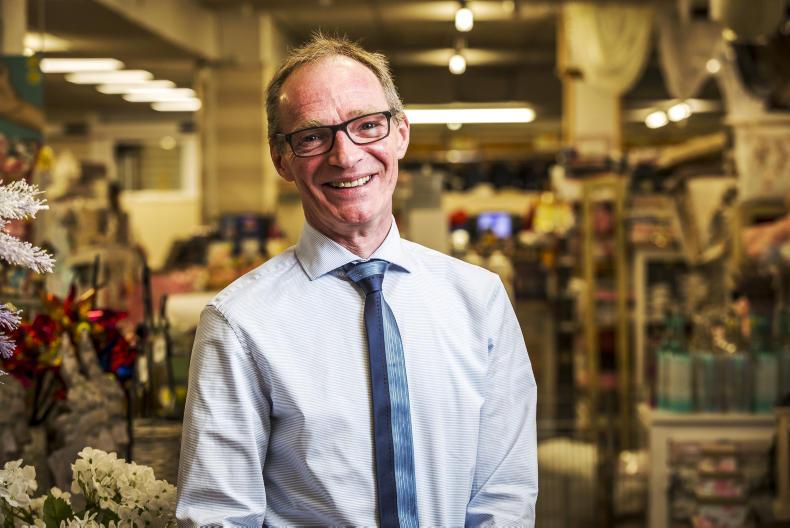
Gerard McEvoy of McEvoy's Department Store in Dundalk. \ Philip Doyle
“We’re booking stuff here for the autumn season and prices are in sterling and you always allow a little bit for the fluctuation in currency, but now you don’t know if there’s going to be tariffs on it. You really have no idea what it’s going to cost,” says Gerard. “That will be a concern.”
What makes the situation even more challenging is that Newry is just 14 miles away. Gerard points out that the VAT rate there is already 3% lower, plus retailers won’t be hit by any extra tariffs on stock from the UK.
Furthermore, he fears that if Britain goes on to secure a trade deal with the likes of China (where, for example, there is a 16.5% tariff on footwear imported into the EU), that could have a devastating impact.
“So our friends in Newry will be able to sell them (the shoes) at a lot less than we can in Dundalk and that’s not taking into consideration the carriage and customs clearance charges we will have or the 3% extra VAT compared to the North,” says Gerard.
Another consideration is that 20-25% of McEvoy’s customers come from over the border. Prices aside, he feels that if checkpoints etc are re-introduced, people are not “going to bother” making the journey.
“At the minute there’s no checkpoint there, but the odd time they do a customs check for diesel or that sort of thing and if they did it in the morning, it would add an extra 45 minutes on to your journey – that’s on a 10-minute journey – with the tailback on the motorway,” he says.
He is also concerned about the effect that Brexit might have on customers from the farming community.
“We have a big farming area around Dundalk and this could be potentially very severe on them,” he says. “If farmers are not doing well, we won’t do well.”
While hard to plan for the unknown, Gerard has started sourcing other suppliers from the EU outside of clothing and might consider opening a second company over the border to deal with UK imports post-Brexit depending on how things pan out.
They don’t even know themselves in Westminster; they can’t agree on anything
Locally, he credits the work of the local council and Dundalk Chamber of Commerce with initiatives like “Shop Local” gift vouchers that have generated sales of €2m in the last three years in the area.
Right now, however, he feels most people are “sick” of Brexit talk and the lack of certainty.
“They don’t even know themselves in Westminster; they can’t agree on anything,” he says, adding that in his opinion, the best option right now would be if the UK accept the deal that has been on the table.
“The support for that here would be overwhelming,” he says.
Business aside, however, there is also a personal cost to the Brexit process for Gerard.
“The Brexit process overall – and in particular if it’s a hard Brexit – is like an assault on my personal feeling of Irishness and European sense of belonging,” he says. “A hard border is in your face on a daily basis and I believe it will have a negative impact on the community in general. It’s dangerous.”
Read more
'Will my granddaughter be going through a checkpoint at five years of age?'
'In a worst-case scenario, it’s going to be 20-25% on a packet of rashers'
If Gerard McEvoy switched on his sat-nav for the 10-minute drive from his shop in Dundalk to his home in Co Armagh, he would be notified that he was crossing the border three times on one short section alone.
“You’re in and out in the space of 100 yards,” he explains, “you’re over and back on the slip road and around the roundabout.”
But if borders or barriers are introduced after Brexit, it’s not just Gerard’s daily commute that could be impacted, but his business.
Established in 1988, McEvoy’s Dundalk is a department store stocking men’s, women’s and children’s clothing, schoolwear, footwear, homeware, haberdashery and more. Gerard’s wife Joanne and their children Jennifer and Gerard are also involved in the business, which employs 22 staff.
To date, about 90% of clothing sold in McEvoy’s is sourced from suppliers based in the UK, due to the similarity in trends in both markets, plus practicalities like size guides (ie women’s sizes 10, 12, 14 etc compared to European 38, 40, 42).
God knows what extra red tape and paperwork there will be to fill in
“You can’t just easily replace that in Europe,” says Gerard of the reliance on this market.
Post-Brexit however, there are many factors that could impact the continued competitiveness of family-run businesses like McEvoys. For example, when dealing with stock from within the EU, Gerard pays 23% VAT on the item once sold. Post-Brexit, however, it looks like he will have to pay the 23% upfront on receipt of goods from the UK.
“Before you’ve sold the goods at all,” he emphasises of the impact on cashflow, “and at 23% – it’s almost a quarter of the retail price of the goods.
“God knows what extra red tape and paperwork there will be to fill in… there’s going to be expense there as well.”
Furthermore, with the continued uncertainty over tariffs, it’s difficult to plan ahead.

Gerard McEvoy of McEvoy's Department Store in Dundalk. \ Philip Doyle
“We’re booking stuff here for the autumn season and prices are in sterling and you always allow a little bit for the fluctuation in currency, but now you don’t know if there’s going to be tariffs on it. You really have no idea what it’s going to cost,” says Gerard. “That will be a concern.”
What makes the situation even more challenging is that Newry is just 14 miles away. Gerard points out that the VAT rate there is already 3% lower, plus retailers won’t be hit by any extra tariffs on stock from the UK.
Furthermore, he fears that if Britain goes on to secure a trade deal with the likes of China (where, for example, there is a 16.5% tariff on footwear imported into the EU), that could have a devastating impact.
“So our friends in Newry will be able to sell them (the shoes) at a lot less than we can in Dundalk and that’s not taking into consideration the carriage and customs clearance charges we will have or the 3% extra VAT compared to the North,” says Gerard.
Another consideration is that 20-25% of McEvoy’s customers come from over the border. Prices aside, he feels that if checkpoints etc are re-introduced, people are not “going to bother” making the journey.
“At the minute there’s no checkpoint there, but the odd time they do a customs check for diesel or that sort of thing and if they did it in the morning, it would add an extra 45 minutes on to your journey – that’s on a 10-minute journey – with the tailback on the motorway,” he says.
He is also concerned about the effect that Brexit might have on customers from the farming community.
“We have a big farming area around Dundalk and this could be potentially very severe on them,” he says. “If farmers are not doing well, we won’t do well.”
While hard to plan for the unknown, Gerard has started sourcing other suppliers from the EU outside of clothing and might consider opening a second company over the border to deal with UK imports post-Brexit depending on how things pan out.
They don’t even know themselves in Westminster; they can’t agree on anything
Locally, he credits the work of the local council and Dundalk Chamber of Commerce with initiatives like “Shop Local” gift vouchers that have generated sales of €2m in the last three years in the area.
Right now, however, he feels most people are “sick” of Brexit talk and the lack of certainty.
“They don’t even know themselves in Westminster; they can’t agree on anything,” he says, adding that in his opinion, the best option right now would be if the UK accept the deal that has been on the table.
“The support for that here would be overwhelming,” he says.
Business aside, however, there is also a personal cost to the Brexit process for Gerard.
“The Brexit process overall – and in particular if it’s a hard Brexit – is like an assault on my personal feeling of Irishness and European sense of belonging,” he says. “A hard border is in your face on a daily basis and I believe it will have a negative impact on the community in general. It’s dangerous.”
Read more
'Will my granddaughter be going through a checkpoint at five years of age?'
'In a worst-case scenario, it’s going to be 20-25% on a packet of rashers'





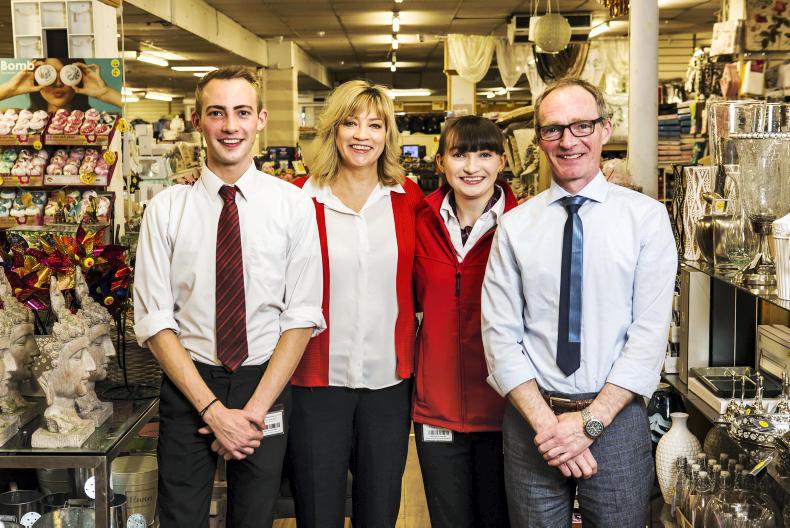
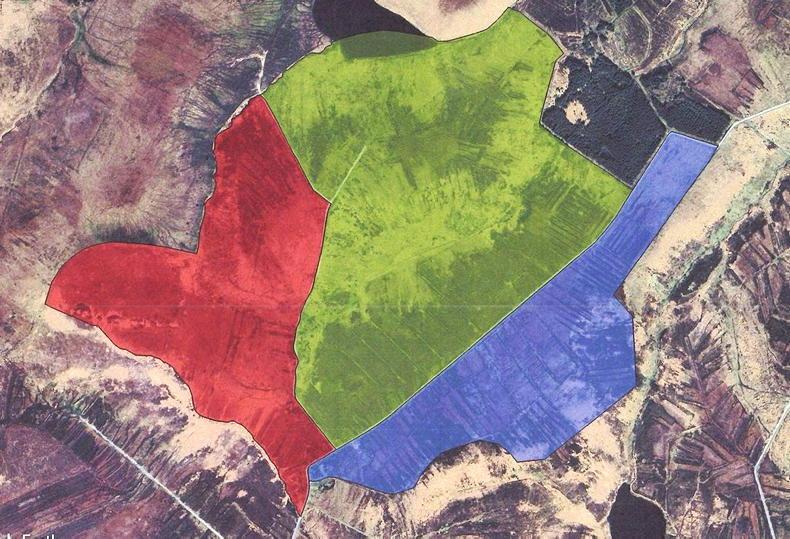
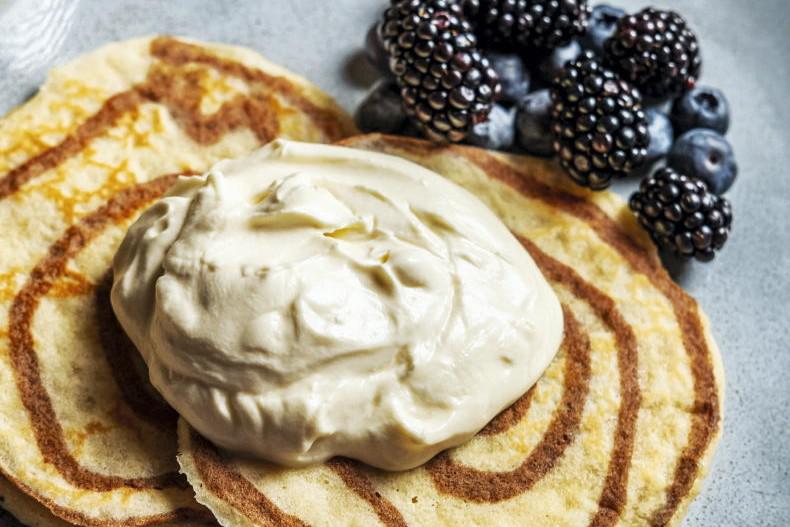
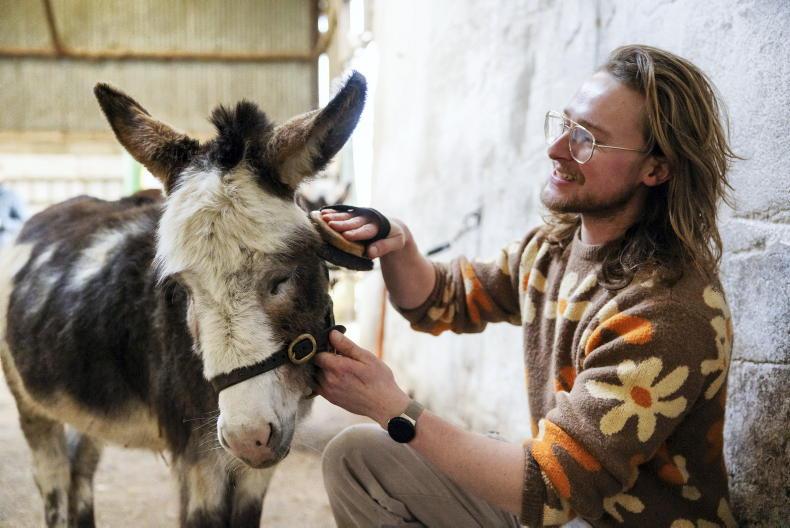
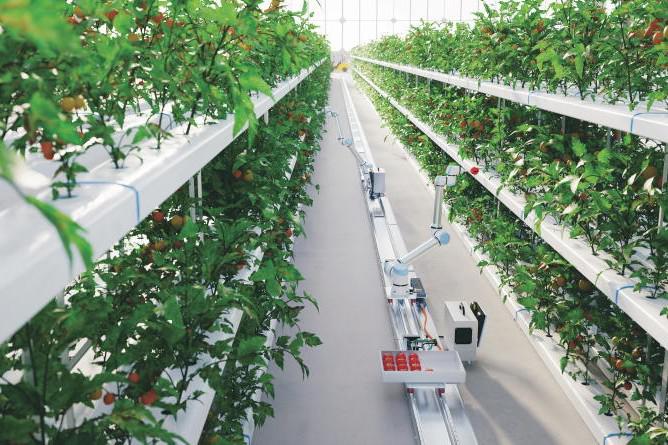
SHARING OPTIONS